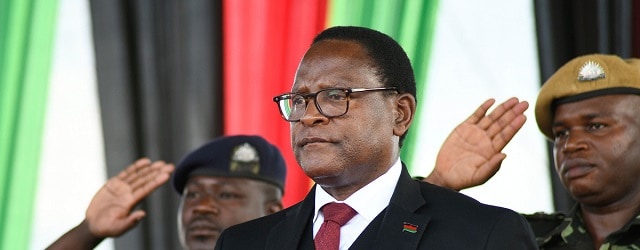Allegations of corruption and nepotism dog Malawi's new president.

It’s been a short honeymoon for Lazarus Chakwera, new president of Malawi, as economic headwinds kick up and his quick picks for cabinet ministers attract a round of criticism.
Chakwera’s rise to power is the perfect African fairy tale. He beat predecessor Peter Mutharika in a June 2020 re-run of 2019’s presidential election after the courts in the small East African nation upheld the opposition party’s allegations that Mutharika had manipulated the electoral system in his favor.
Now comes the hard part.
“A lack of safety nets such as unemployment benefits and public health care for the vulnerable will further exacerbate the economic crisis, given the coronavirus crisis, says Sanya Suri, analyst at The Economist Intelligence Unit. “The main challenges for the government will be to provide emergency aid to the vulnerable, alleviate economic hardship and support economic recovery and increase employment. Lower commodity prices and contracting external demand will hurt investment and exports and the global financial shock will restrict financial flows and aid.”
President Chakwera has had little time to celebrate his victory, as his choices for 31 cabinet positions led to accusations of nepotism as well as allegations that he’s providing kickbacks to those who supported his rise to power. His picks have included inexperienced allies and relatives of his alliance partners, including the son of former President Joyce Banda and others related to the country’s founding president, Hastings Kamuzu Banda.
While he defends the appointments, President Chakwera and his finance point-people – the new finance minister, Felix Mlusu, and new governor of the Reserve Bank of Malawi, Wilson Banda – are hoping to right the country’s economic ship as quickly as possible. However, analysts say the country’s small financial sector’s prospects will be overshadowed by the need to effectively respond to the effects of the Covid-19 pandemic.
“The financial sector is still small and not very liquid,” says Nelius Visser, econometrician at NKC African Economics, “and has come under additional strain due to Covid-19. Channels such as investment, exports and imports will be negatively affected due to the adverse global environment caused by the pandemic.”



